Siganda Clinic
Siganda Clinic stands as a vital healthcare cornerstone within the Bubi Rural District Council, one of five such councils dedicated to serving the health needs of its communities. Located in Zimbabwe, Bubi RDC faces unique challenges inherent to rural settings, including dispersed populations and accessibility issues. In this context, clinics like Siganda play an indispensable role in providing essential medical services, with a particular focus on maternal health and assisting women through the crucial stages of labour.
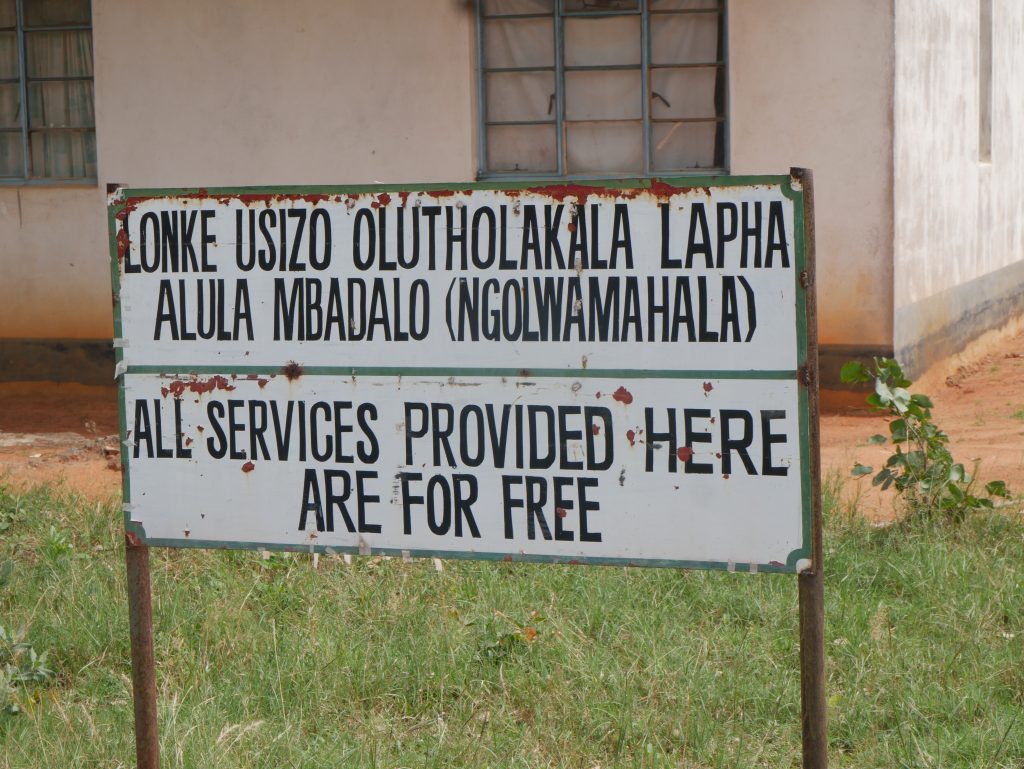
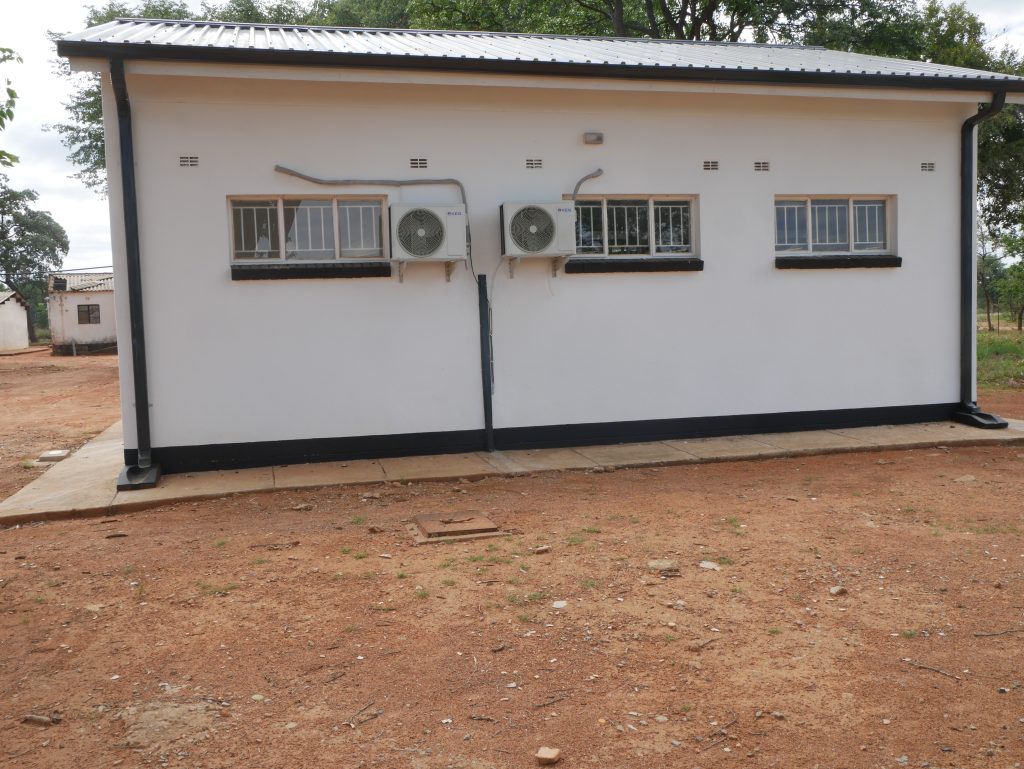
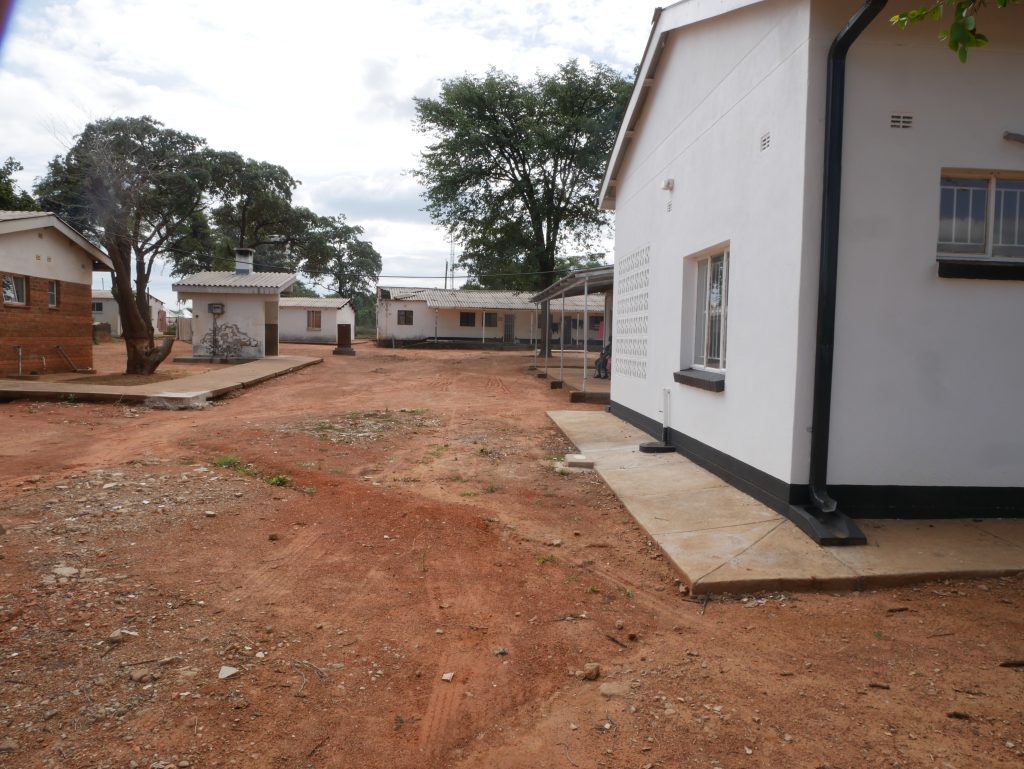
To truly appreciate the significance of Siganda Clinic, it's important to understand the broader healthcare landscape of Bubi RDC. Rural district councils in Zimbabwe are tasked with providing primary healthcare services to their constituents. This often involves managing a network of clinics and health centers strategically placed to cater to the needs of various communities within their jurisdiction. These facilities are the first point of contact for many individuals seeking medical assistance, ranging from routine check-ups and treatment for common illnesses to specialized services like antenatal care and delivery.
Siganda Clinic, as one of these crucial facilities, directly addresses the challenges faced by women in labour within its catchment area. Historically, and tragically in many rural settings, childbirth has been associated with significant risks, particularly when access to timely and skilled medical care is limited. Factors such as long distances to health facilities, lack of transportation, and inadequate infrastructure can lead to complications and even fatalities that are often preventable with proper medical intervention.
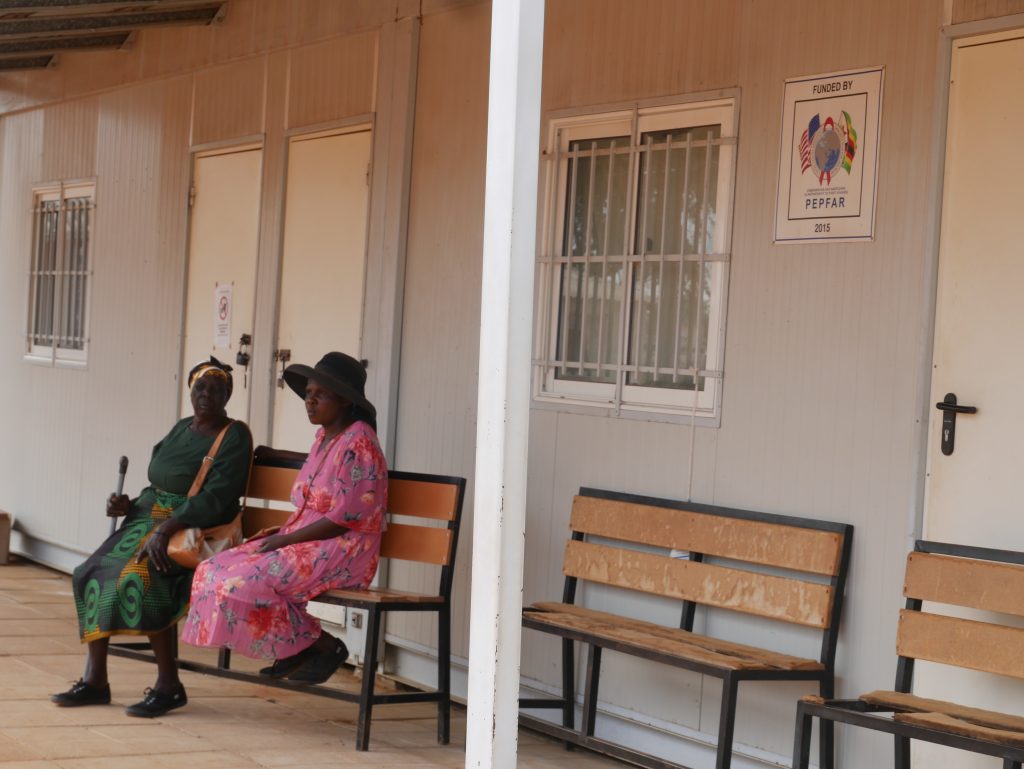
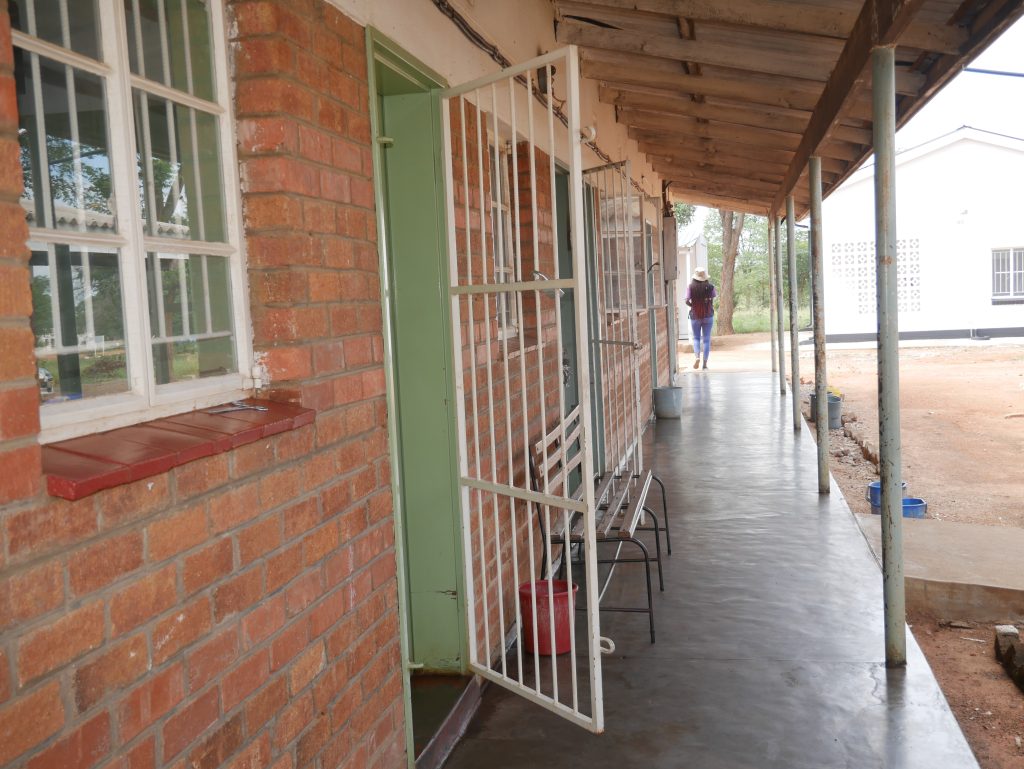
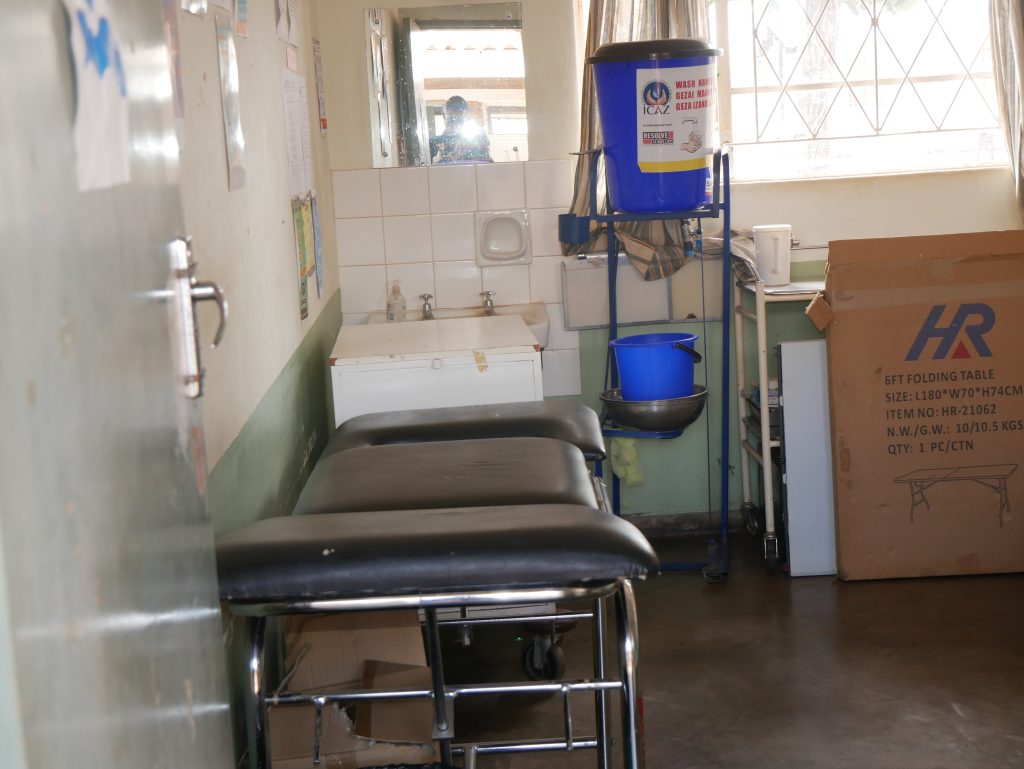
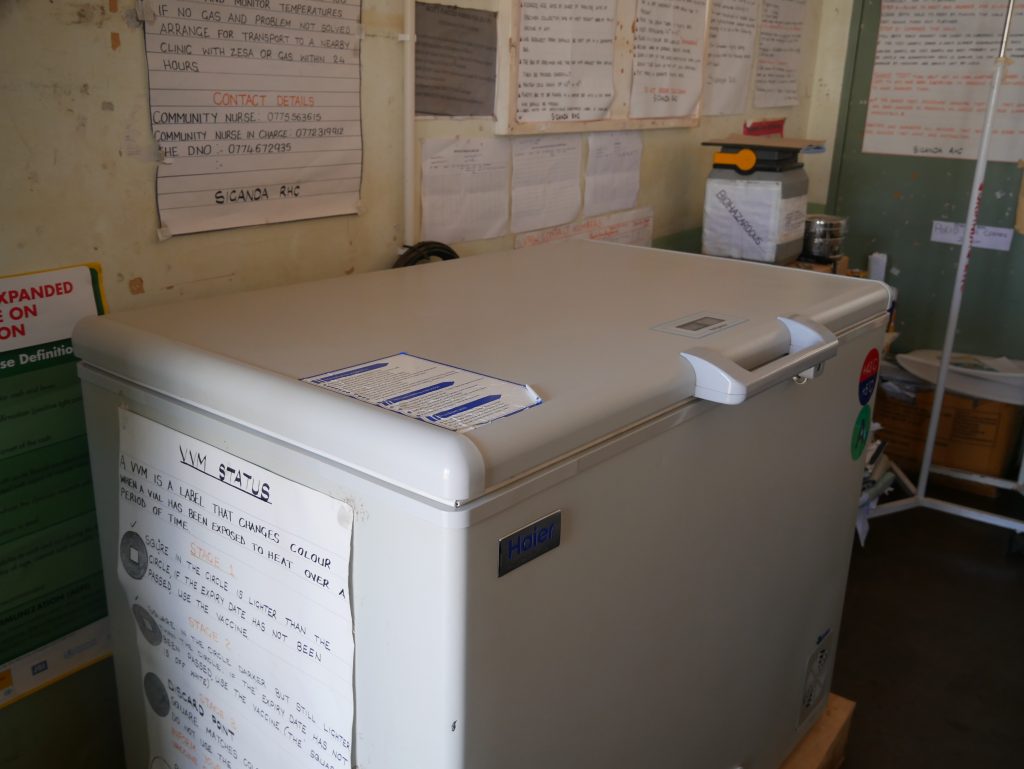
Before the establishment and strengthening of clinics like Siganda, pregnant women in Bubi RDC and similar areas often faced perilous journeys to reach healthcare. Testimonies from community members highlight instances where women had to travel long distances, sometimes over 20 kilometers, to the nearest clinics in areas . Securing transport was a constant struggle, especially during emergencies, putting both the mother and the unborn child at grave risk. The absence of accessible local healthcare contributed to a higher incidence of birth-related complications and, sadly, maternal and infant mortality.
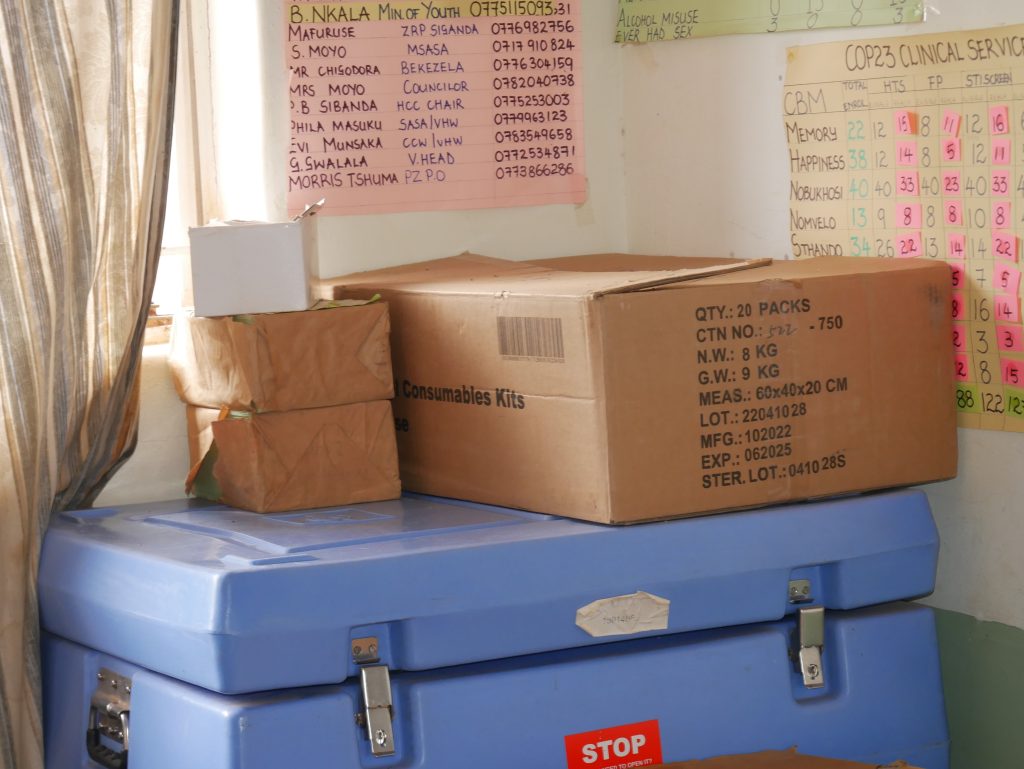
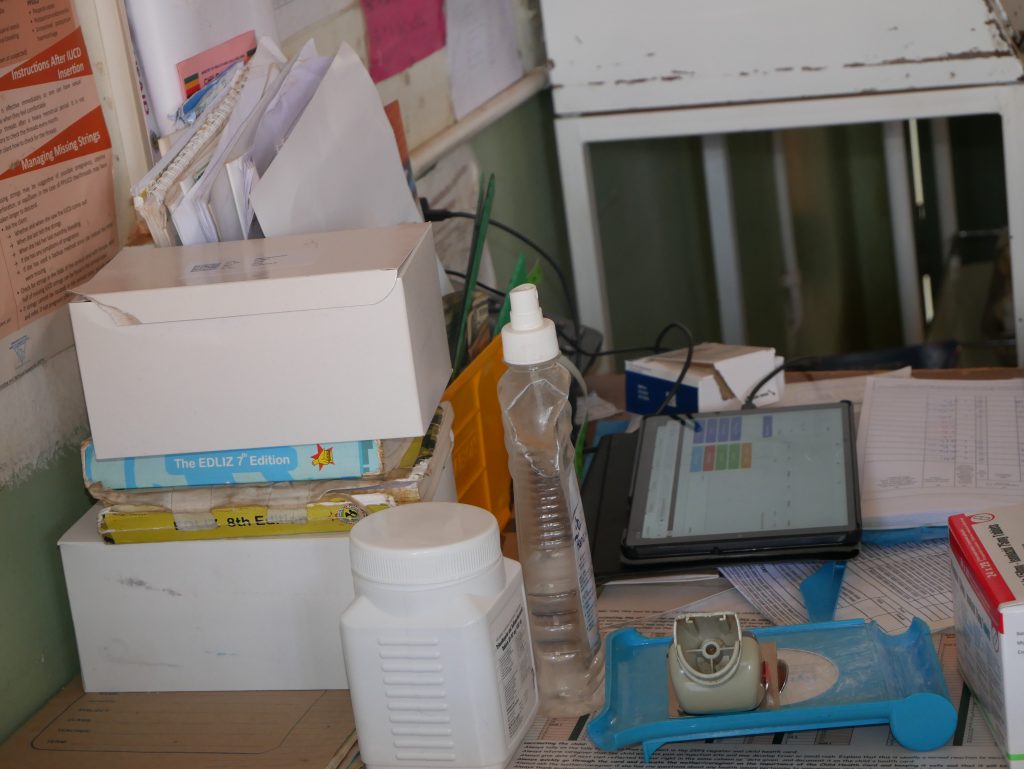
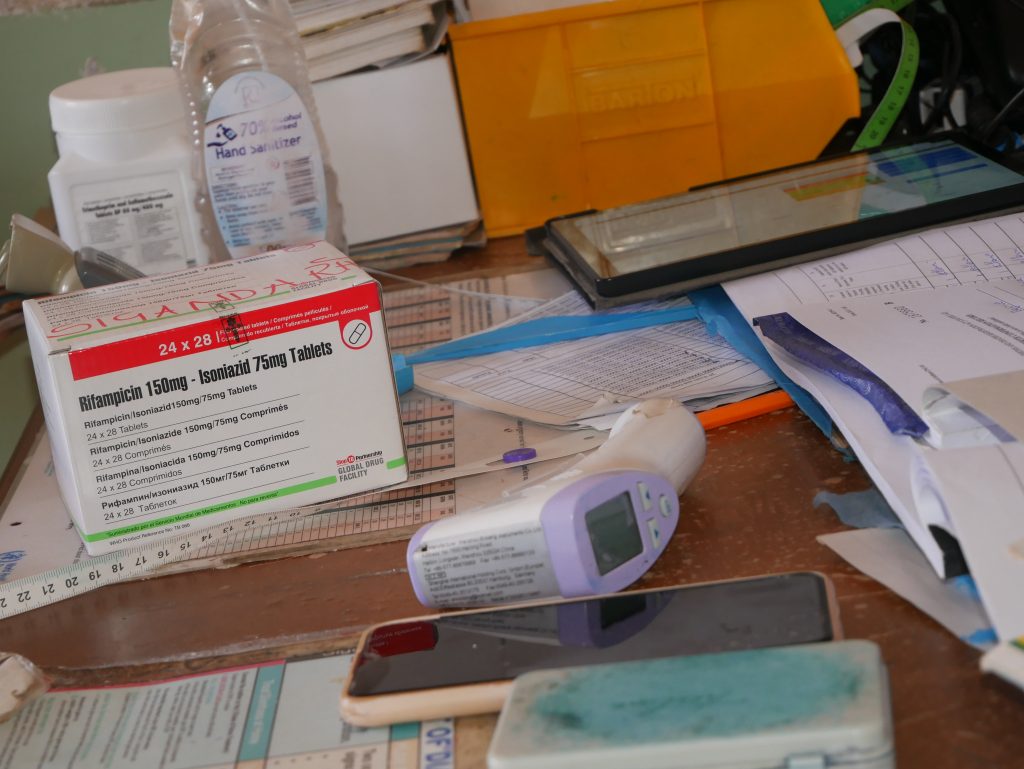
The establishment of Siganda Clinic has brought much-needed relief to pregnant mothers in its vicinity. By providing a local facility equipped to handle labour and delivery, the clinic has significantly reduced the burden of distance and transportation issues. Expectant mothers like Alice Sibanda, who shared her positive experience at Siganda Clinic, exemplify the tangible benefits of having such a facility within the community. The ability to receive care close to home not only provides physical comfort but also reduces the anxiety and stress associated with accessing distant medical services during a vulnerable time.
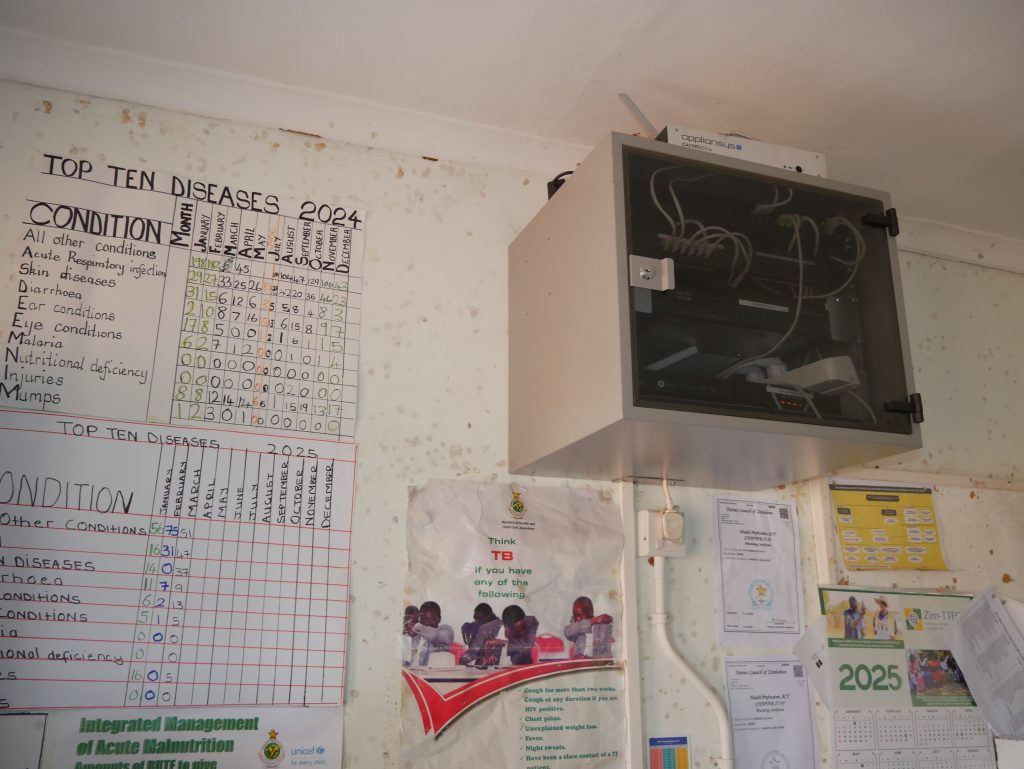
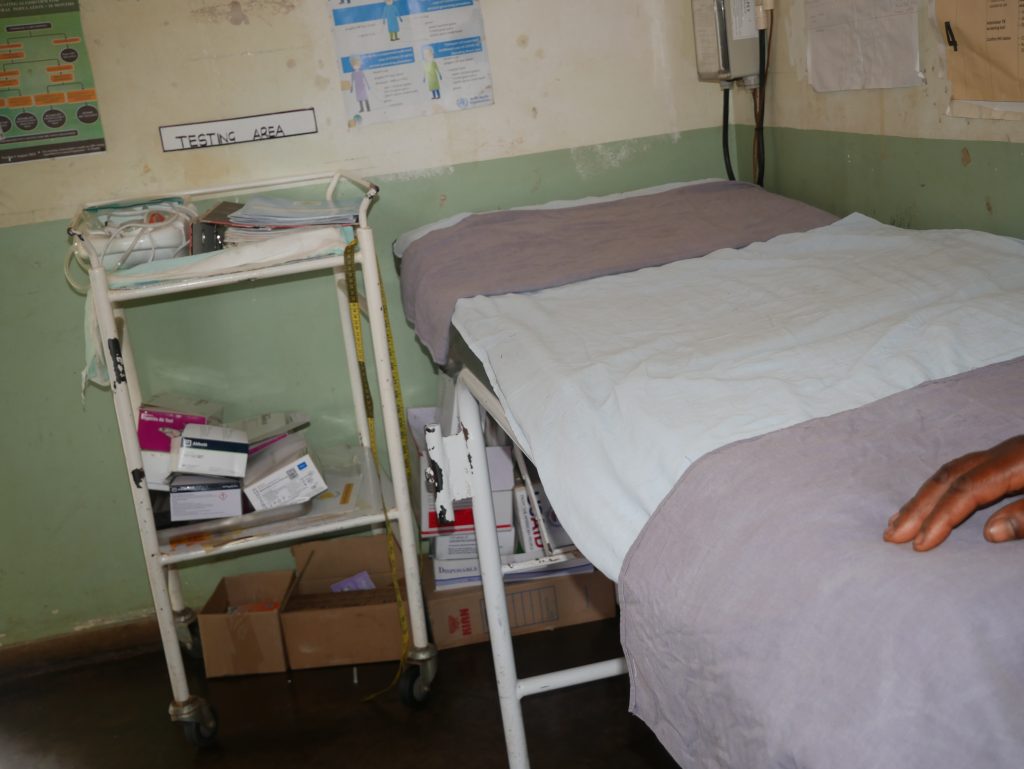
The services offered by Siganda Clinic likely encompass a range of critical interventions for women in labour. These would typically include:
- Antenatal Care: Regular check-ups during pregnancy to monitor the health of both the mother and the developing baby, identify potential risks, and provide essential health education and guidance.
- Skilled Birth Attendants: The presence of trained healthcare professionals, such as nurses and midwives, who are equipped to manage normal deliveries and handle obstetric emergencies. Their expertise is crucial in ensuring safe childbirth and своевременное intervention when complications arise.
- Essential Medical Equipment and Supplies: Access to necessary equipment for monitoring labour, facilitating delivery, and providing immediate postnatal care. This includes delivery beds, birthing kits, and medications for pain relief and management of potential complications.
- Emergency Obstetric Care: The ability to provide timely interventions for obstetric emergencies, such as postpartum hemorrhage, eclampsia, and obstructed labour, which can be life-threatening if not addressed promptly.
- Postnatal Care: Follow-up care for mothers and newborns after delivery, including monitoring for complications, providing breastfeeding support, and offering guidance on newborn care.
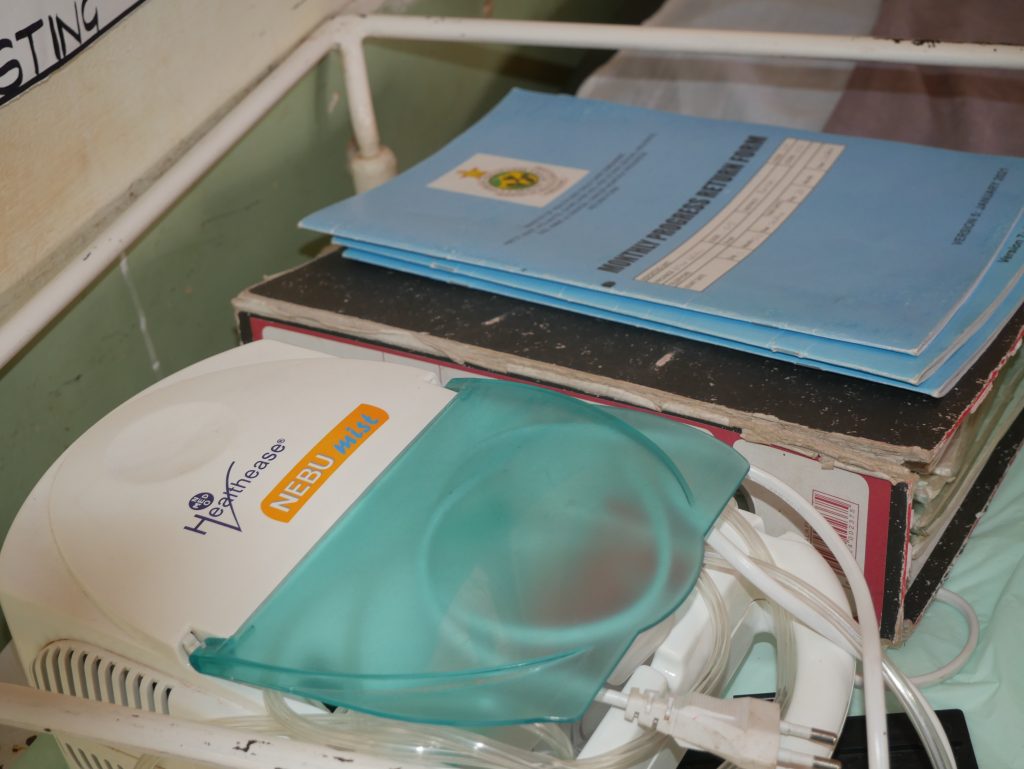
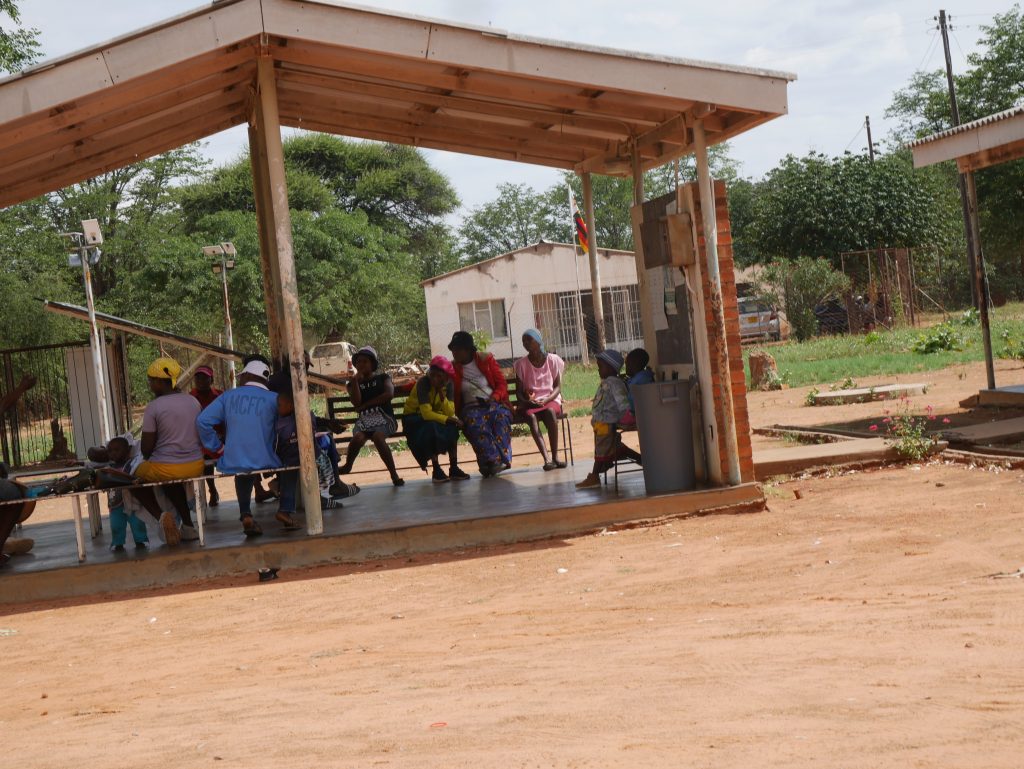
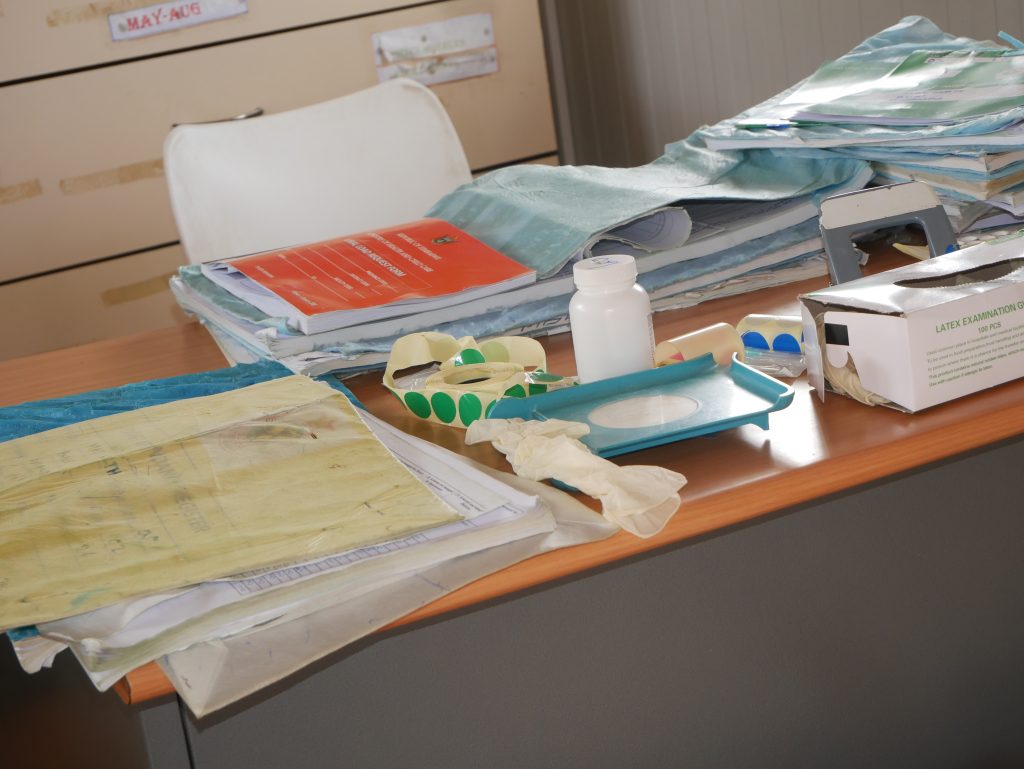

Beyond direct medical assistance during labour, Siganda Clinic likely plays a broader role in promoting maternal and child health within the community. This may involve health education initiatives to raise awareness about safe pregnancy practices, the importance of antenatal care, and the benefits of skilled birth attendance. By empowering women with knowledge and providing accessible care, the clinic contributes to a culture of healthier pregnancies and safer deliveries.
The positive impact of facilities like Siganda Clinic is further underscored by the recognition of community leaders. Timothy Ndlovu, chairperson of the Siganda community health center, highlighted that before the establishment of such homes (likely referring to the clinic and possibly associated maternity waiting homes), a significant number of women and children died due to birth-related complications. This starkly contrasts with the current situation, where access to care has demonstrably improved outcomes.
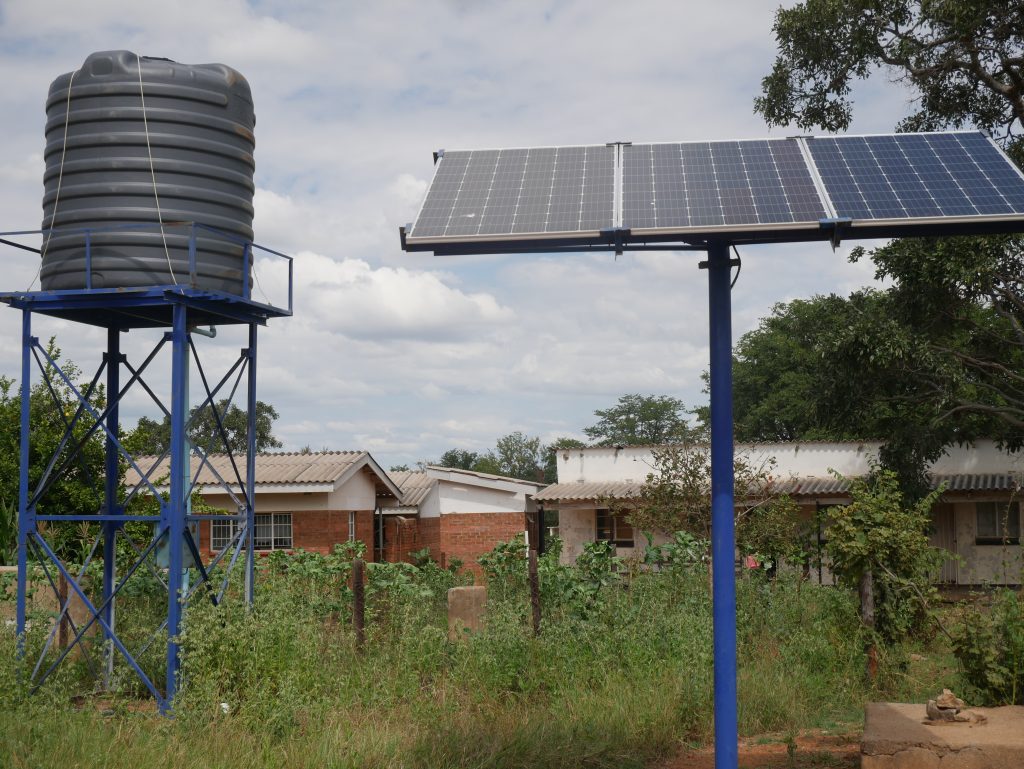
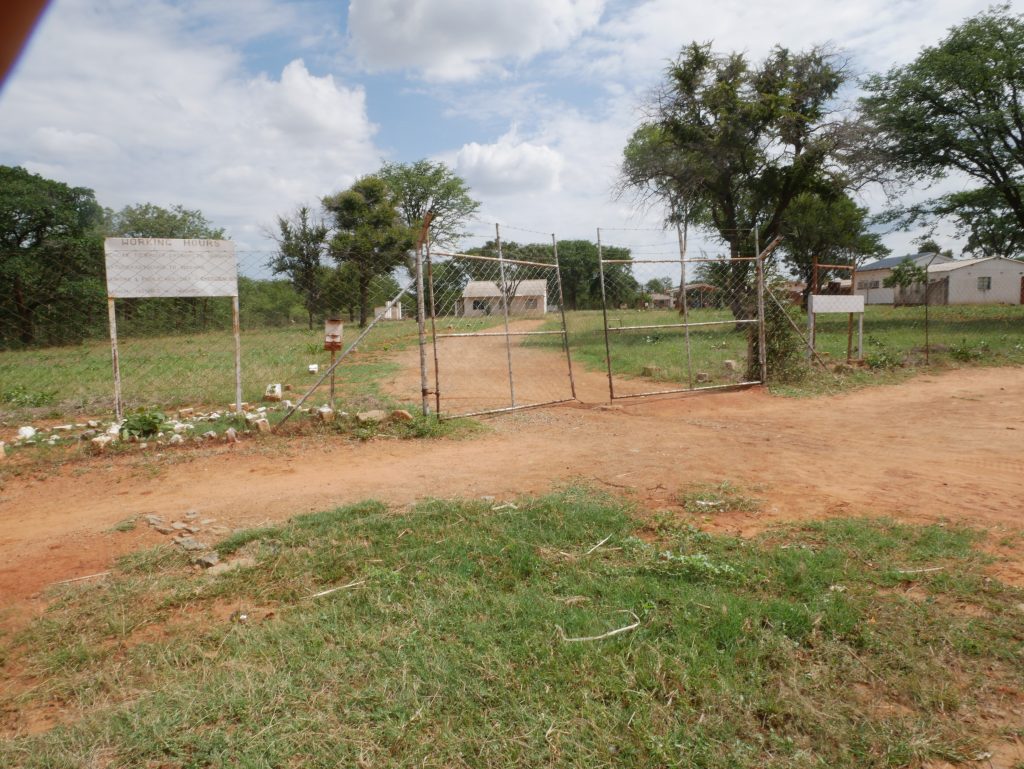
t is also worth noting the broader context of healthcare development within Bubi RDC. Reports indicate that the council has been actively working to improve healthcare infrastructure across its 24 wards, aiming to have a clinic in each ward to reduce the distances communities have to travel for medical attention. This ambitious goal reflects a commitment to ensuring that essential healthcare services, including maternal care, are accessible to all residents. Initiatives funded through devolution funds have further accelerated the construction and upgrading of clinics in the district, demonstrating a concerted effort to strengthen the primary healthcare system.
In conclusion, Siganda Clinic exemplifies the crucial role that rural health facilities play in supporting communities like those within the Bubi Rural District Council. By providing essential medical services, particularly focused on assisting women in labour, the clinic addresses critical healthcare needs, reduces risks associated with childbirth, and ultimately contributes to improved maternal and child health outcomes. As one of the vital healthcare points within the district, Siganda Clinic stands as a testament to the ongoing efforts to bring quality healthcare closer to the people, ensuring safer and healthier futures for the women and families it serves.
